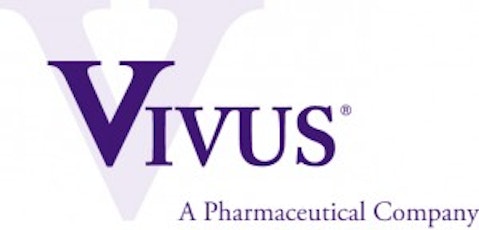As recently as a decade ago, the biggest hurdle for biotech companies wasn’t competition from their peers or even the sale price of their drugs. It was simply getting their drug approved by the Food and Drug Administration. In the past, simply getting a drug approved by the FDA meant that it had a pretty good chance of succeeding from a financial perspective.

The fact of the matter is that not all biotech companies choose to partner up with a more experienced marketing partner. Occasionally this works out, but for smaller biotechnology companies, that isn’t always the case. Over the past couple of years, I’ve watched numerous biotechs try to “go it alone” only to fall flat on their face.
Perhaps none caught my attention more — or faced more ridicule — than KV Pharmaceutical Co (OTCMKTS:KVPHQ), whose pre-term birth injection, Makena, was approved by the FDA and priced at $1,500 per treatment when a previous combination of drugs had been priced around $20 per injection. The company’s lack of empathy (and common sense) drew critics ranging from angry mothers to Congress, which eventually caused the company to drastically slash the price of Makena. About a year later, KV Pharmaceuticals was bankrupt.
This is but one case, and there are many more. Over the next three days, I plan to highlight three additional biotech companies that would do well to find a marketing partner for their lead drug. Today, we’ll look at a company trying to get fat off profits, but it’s also seen its share price slim dramatically: VIVUS, Inc. (NASDAQ:VVUS)
An opportunity wasted?
Not to take anything away from what VIVUS has accomplished by bringing Qsymia, its chronic weight management drug, to market, but sales in its first few quarters have been absolutely dreadful. Part of the blame rests with insurers, which were slow to cover Qsymia, because we know all too well that consumers usually won’t pay for drugs out of pocket. However, the remainder of blame I place on VIVUS, Inc. (NASDAQ:VVUS) for not seeking a marketing partner for its fat-busting drug.
What’s truly saddening (and maddening) about Qsymia’s sales potential is that it has an honest chance at being the top dog among anti-obesity drug makers. Arena Pharmaceuticals, Inc. (NASDAQ:ARNA)‘ Belviq, which was approved just a few weeks prior to Qsymia, offers a marginally better safety profile based on the clinical trial results, but Qsymia delivered the higher percentage of patients that lost 5% of more of their weight. Yet, even with Belviq stuck on the sidelines for months waiting for scheduling from the Drug Enforcement Agency, Qsymia failed to prosper. Worse yet for VIVUS, the DEA finished labeling Belviq as a schedule IV drug, and it could find its way onto pharmacy shelves in less than two weeks!
